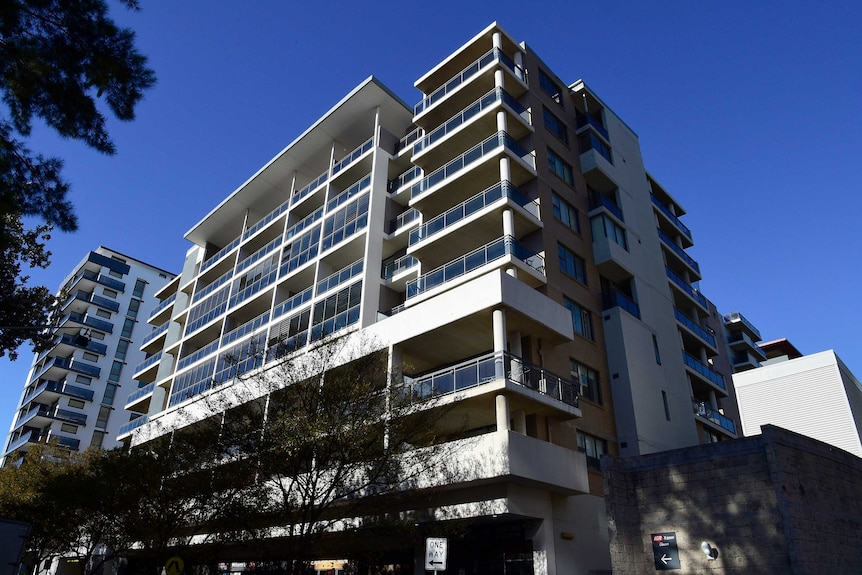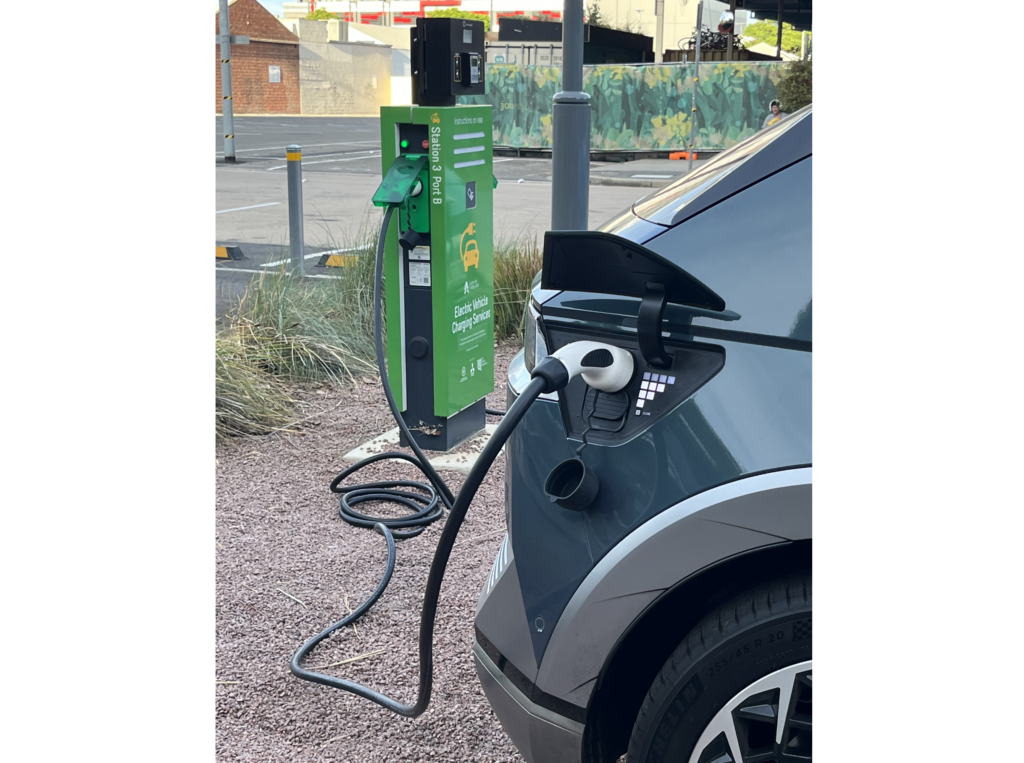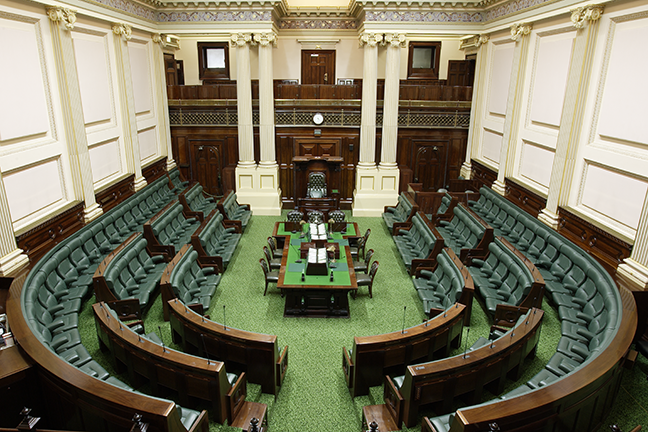The transport sector represents the fastest growing source of emissions in Victoria. Emissions from EAGA councils’ vehicle fleets is approximately 500 tonnes per year, on average.
Councils can play a direct role in reducing emissions from transport by switching their standard internal combustion engine vehicles to electric vehicles. Currently, only 13 of EAGA councils’ 944 vehicles are electric, which represents a significant opportunity for emissions reduction.
EAGA recently commissioned business case reports for six member councils to understand the costs and benefits of transitioning their vehicle fleets to electric vehicles (EVs), as well as a trends analysis of the sector.
The analysis found that, due to technological infancy and Covid-induced supply chain challenges, EVs are still 16% more expensive than standard internal combustion engine (ICE) vehicles to purchase upfront. However, the report also found that the lower running costs of EVs leads to lower whole-of-life costs. Price parity between EVs and ICE vehicles will be reached by 2025-26, which will further reduce the cost of the transition.
Councils will be using the findings of the EAGA project to inform decision-making regarding vehicle transition plans.
Despite the importance of the planning system in driving emissions reduction and protecting the environment, the Planning and Environment Act 1987 does not mention the term ‘climate change’. Not once. There are many other systematic failures in the state’s climate, environment and planning legislation which means that new developments are being approved without proper consideration of climate change risk, impacts and mitigation measures.
EAGA is currently collaborating with the Council Alliance for a Sustainable Built Environment (CASBE) and the Victorian Greenhouse Alliances on a state-wide campaign called Planning for a Safe Climate.
The campaign aims to overhaul Victoria’s planning system by embedding climate change within the entire decision-making framework of the planning system. With over 65 of the state’s 79 councils signatories to the campaign, this is one of the largest and most coordinated campaigns led by the local government sector in recent times.
In the lead up to the 2022 Victorian state election, CASBE and the Alliances have been engaging with candidates and Members of Parliament seeking commitments to the campaign’s key asks. Through this process, we secured over 20 meetings with MPs before releasing a Report Card assessing the position of each political party against our campaign asks.
For more information on the campaign, including its asks, visit EAGA’s website.
Win for renters and renewable energy
Government passes new laws following EAGA submission

For too long, people living in apartments, retirement homes, caravan parks and social housing have been locked into unfair energy deals through ‘embedded networks’. Embedded networks allow a single, private energy provider to lock in multiple dwellings into a single energy deal. This leaves tenants unable to opt-out and find a cheaper energy deal. There are over 131,000 Victorians affected by embedded networks.
Together with energy advocates and other Greenhouse Alliances, EAGA made a submission to the Victorian Government’s Review of Embedded Networks where we called for stronger protections for embedded network customers and new renewable energy requirements. Click here to view the submission
Energy Minister Lily D’Ambrosio announced on 26 July 2022 that embedded networks in new residential buildings would be ‘banned’ in Victoria from January 2023. Technically, embedded networks are just being renamed as ‘local energy systems’. Nevertheless, the changes will see more stringent licencing of operators, stronger consumer protections, and a 100% renewable energy requirement.
This win is a testament to the power of EAGA’s coordinated advocacy with the Victorian Greenhouse Alliances, showing what we can achieve by working together.
Comments are closed.


